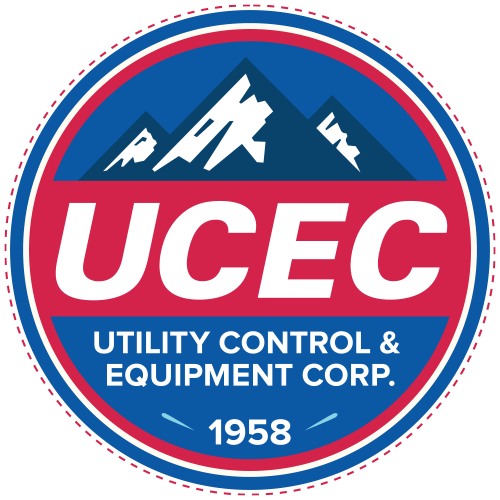Power Management Techniques for Industrial Control Panels: Maximizing Efficiency and Reliability - Part 3
In the dynamic landscape of industrial operations, the efficient management of power within control panels stands as a cornerstone of optimal performance and sustainability. As industries strive to minimize energy consumption and enhance operational efficiency, the implementation of effective power management techniques has emerged as a critical imperative. In this article, we explore the key strategies and methodologies involved in power management for industrial control panels, including the implementation of efficient power distribution systems, utilization of smart control algorithms, and incorporation of energy monitoring and feedback mechanisms.
Implementing Efficient Power Distribution Systems
One of the fundamental aspects of power management in industrial control panels is the implementation of efficient power distribution systems. Central to this approach is the design and configuration of electrical circuits and wiring layouts that minimize energy losses and ensure reliable power delivery to critical components. By optimizing the routing of power lines and minimizing impedance in the distribution network, engineers can reduce voltage drops and improve overall system efficiency.
Furthermore, the use of high-quality conductors, busbars, and terminal blocks helps to minimize resistive losses and enhance the integrity of electrical connections within the control panel. Through careful attention to detail and adherence to best practices in power distribution design, engineers can ensure that control panel systems operate with maximum efficiency and reliability.
Utilizing Smart Control Algorithms for Optimal Power Usage
In the pursuit of energy efficiency, the utilization of smart control algorithms represents a powerful tool for optimizing power usage within industrial control panels. By leveraging advanced control strategies and algorithms, engineers can dynamically adjust the operation of equipment and subsystems based on real-time demand and environmental conditions.
For example, variable frequency drives (VFDs) and programmable logic controllers (PLCs) equipped with intelligent control algorithms can modulate motor speeds and optimize energy consumption based on load requirements. Similarly, the implementation of predictive maintenance algorithms allows operators to identify and address potential inefficiencies before they escalate into costly downtime events.
Incorporating Energy Monitoring and Feedback Mechanisms
Central to effective power management is the integration of energy monitoring and feedback mechanisms that provide valuable insights into power consumption patterns and system performance. By deploying energy meters, sensors, and monitoring devices within control panel systems, operators can track energy usage in real-time and identify areas for optimization and improvement.
Furthermore, the implementation of feedback loops enables control systems to dynamically adjust operational parameters based on energy consumption data, thereby optimizing efficiency and minimizing waste. Through continuous monitoring and analysis, operators can identify trends, detect anomalies, and implement targeted interventions to enhance overall system performance and sustainability.
Conclusion
In conclusion, effective power management techniques play a crucial role in enhancing the efficiency, reliability, and sustainability of industrial control panels. By implementing efficient power distribution systems, utilizing smart control algorithms, and incorporating energy monitoring and feedback mechanisms, engineers can optimize energy usage, minimize waste, and enhance operational performance. As industries continue to prioritize sustainability and energy conservation, the adoption of advanced power management techniques will remain essential in driving innovation and progress in industrial automation and process control.
UL 508A, 698A, & NNNY Certified.
Pioneering the Past, Engineering the Future: Craftsmanship Unleashed!

